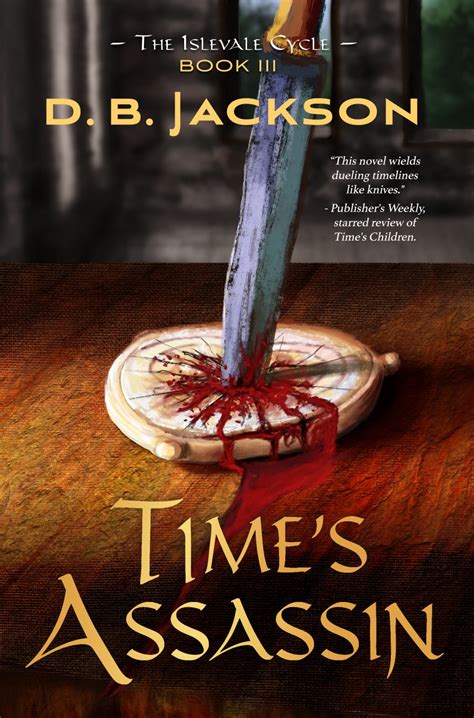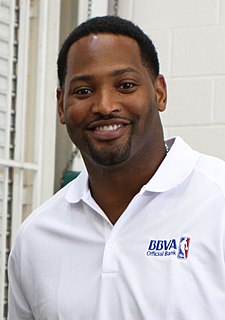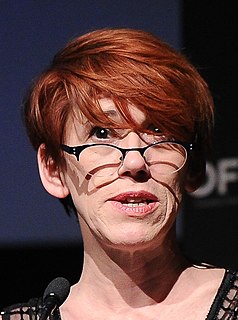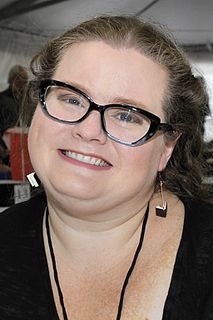A Quote by James Dashner
To practice - write each and every day if possible - then try to attend professional writer's conferences where you can learn your craft, get to know fellow writers, and meet editors and agents.
Related Quotes
My advice for aspiring writers is threefold.First, read as much as possible, both within and outside the genre you arem working in. By reading you hone your internal ear for style. Second, write. Everything comes down to it; unless you write, you are not a writer. Third, submit your work. But - stop chasing every seductive new market out there, and stop trying to write for the tastes of specific established professional markets and editors. That way lies mediocrity and eventual
dissolution of your true voice, no matter how embryonic or pronounced it may be now.
We all start out with the same alphabet. We are all unique. Talent is not the most important thing --- discipline and dedication are. Craft can be learned but desire and longing are innate. Despite the demands of school and just being young, try to write SOMETHING every day --- a description, a captured emotion, a simile, a metaphor. Read, for crying out loud! A writer must read the way a ball player must go to the ballfield every day to practice. Everything is possible in this world of ours--- and so's publication.
I'm not the most talented writer in the world. I know that. But I also know that I'm disciplined, that I work my butt off, and that I make myself write as much as I can. Writer's block is a luxury I can't afford. I'm a professional writer, which means that I put my butt in the chair each day, and I write. Simple as that.
Beware of advice. Consider your sources carefully. Look them up. See if you respect what they've made. Get educated. Be informed about who's real and who isn't. Study your craft and your industry, practice all the time, challenge yourself - write things you think you can't, try things you have been told you shouldn't try - leave room for surprises, and learn how to collaborate.
I would give them (aspiring writers) the oldest advice in the craft: Read and write. Read a lot. Read new authors and established ones, read people whose work is in the same vein as yours and those whose genre is totally different. You've heard of chain-smokers. Writers, especially beginners, need to be chain-readers. And lastly, write every day. Write about things that get under your skin and keep you up at night.
Even my colleagues don't read classic criticism. And my feeling is that if you don't do that then you're not really practicing your craft. That's how you learn how to do it. You don't learn how to write about jazz just from listening to jazz. You learn how to write by reading the great writers and how they worked, the great music critics.
I would also suggest that any aspiring writer begin with short stories. These days, I meet far too many young writers who try to start off with a novel right off, or a trilogy, or even a nine-book series. That's like starting in at rock climbing by tackling Mt. Everest. Short stories help you learn your craft.
For me writing is a long, hard, painful process, but it is addictive, a pleasure that I seek out actively. My advice to young writers is this: Read a lot. Read to find out what past writers have done. Then write about what you know. Write about your school, your class, about your teachers, your family. That's what I did. Each writer must find his or her own kind of voice. Finally, you have to keep on writing.
I wrote a book. It sucked. I wrote nine more books. They sucked, too. Meanwhile, I read every single thing I could find on publishing and writing, went to conferences, joined professional organizations, hooked up with fellow writers in critique groups, and didn't give up. Then I wrote one more book.



































